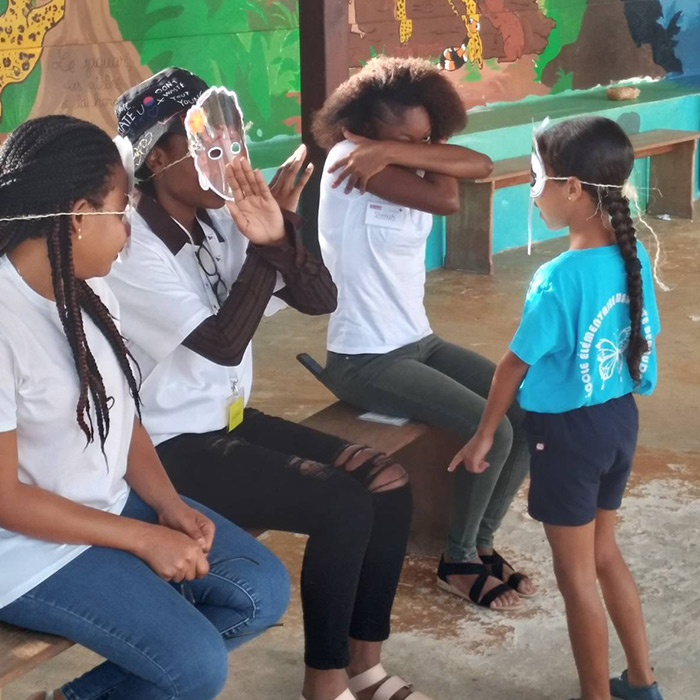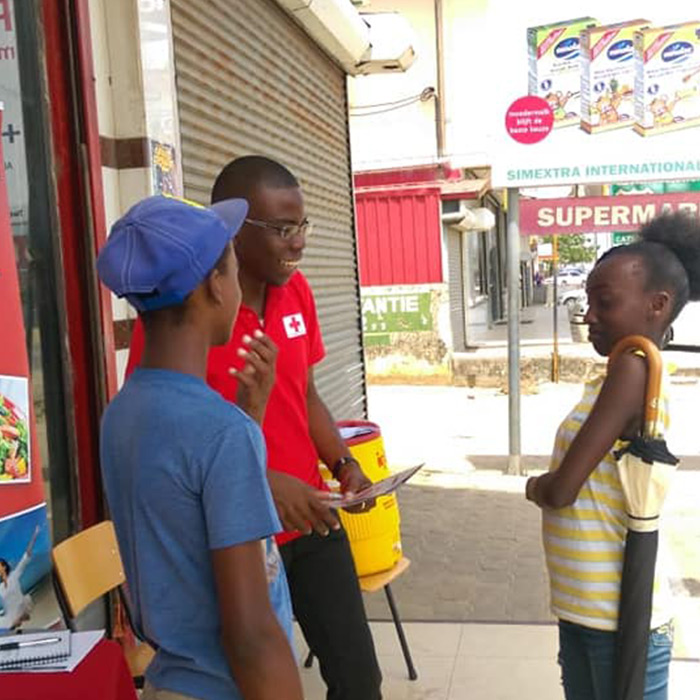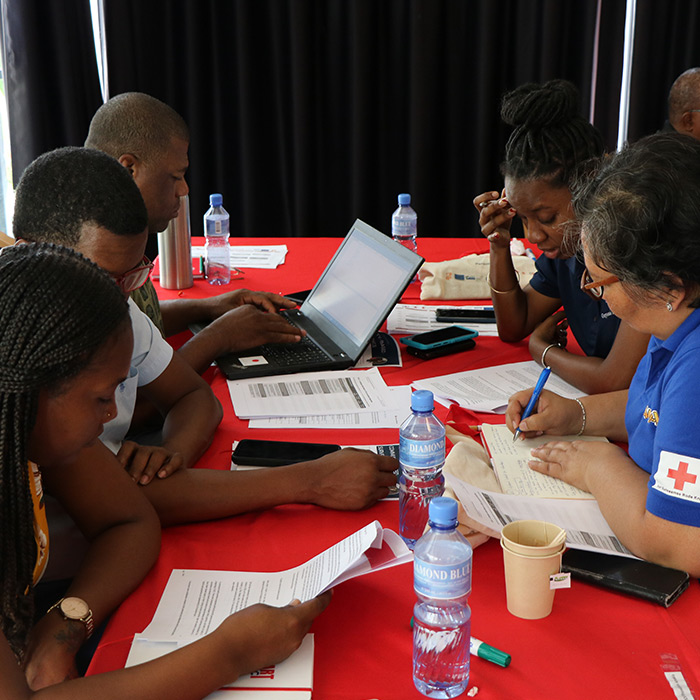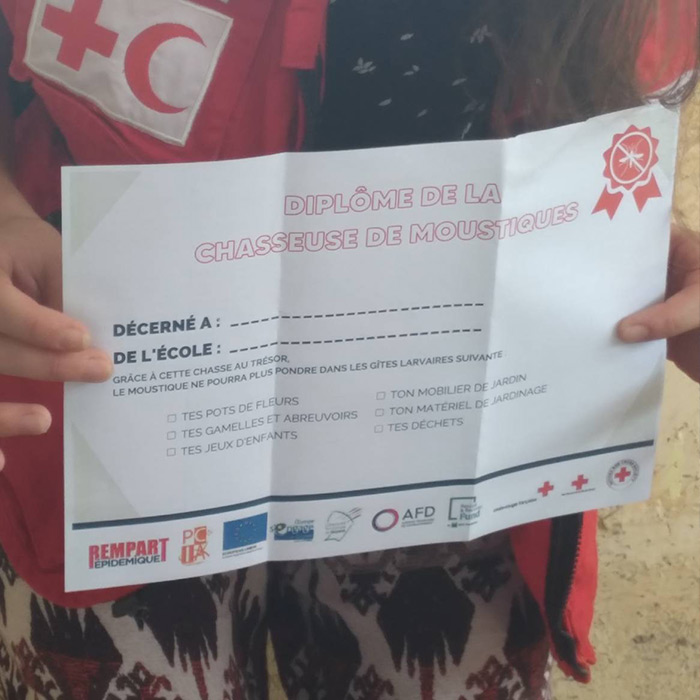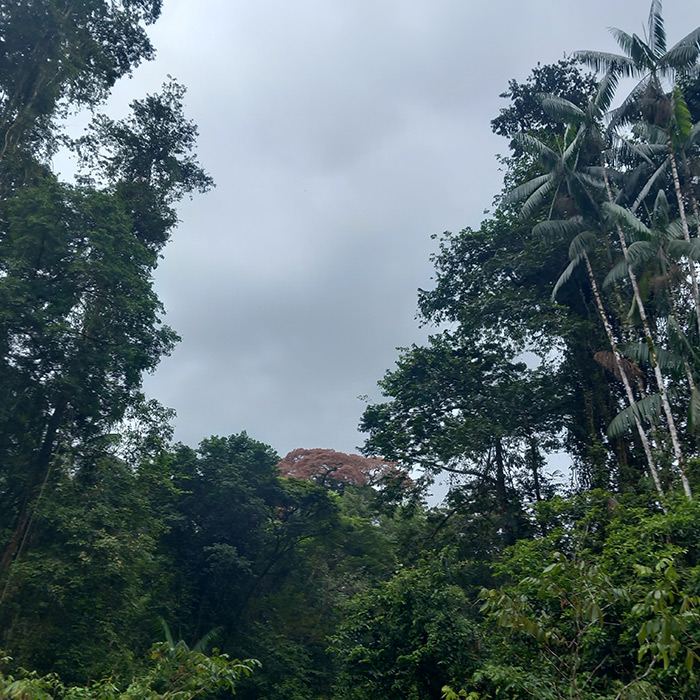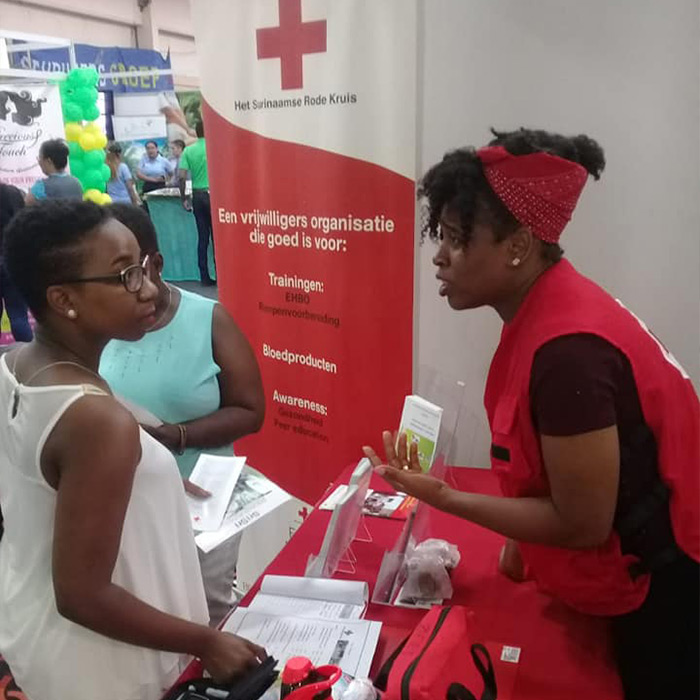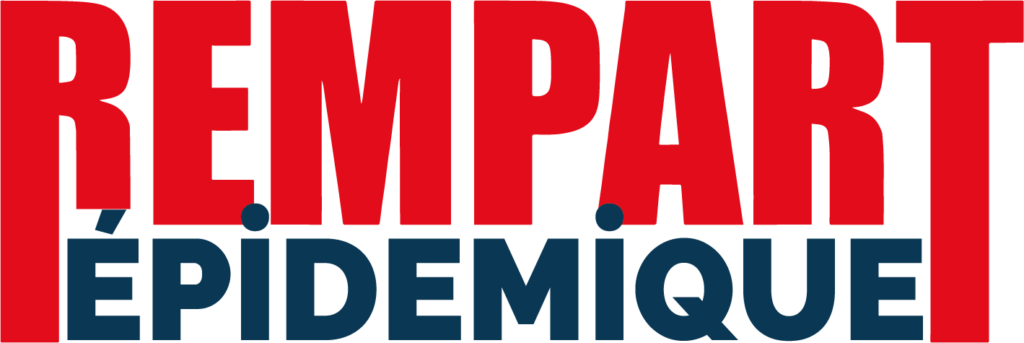Our 2nd webinar will start in :
- 00Days
- 00Hours
- 00Minutes
- 00Sec.
CANADA
ONE HEALTH APPROACH IN NORTH AMERICA
CEZD/CMEZ Network in Canada
(Community for Emerging and Zoonotic Diseases/Communauté des maladies émergentes et zoonotiques)
CEZD is a virtual network that brings together representatives from federal, provincial, and municipal governments, universities, and the private sector.
Using collective intelligence to identify emerging risks
The members of this multidisciplinary network have expertise in public, animal, and environmental health. including researchers, veterinarians, producers, public health professionals, and government officials. The goal of this collective is to detect and forecast emerging disease threats and zoonoses so that leaders can mitigate their effects on society, animal health, the environment, and the economy.
To achieve this, CEZD uses an automated information exploration tool called KIWI (Knowledge Integration using Web Based Intelligence), developed by the Canadian Public Health Intelligence Network (CPHIN). KIWI collects and filters information from open and online sources related to emerging and zoonotic diseases. Through a preventive approach, the multidisciplinarity of viewpoints aims to produce timely information and launch early warning signals.
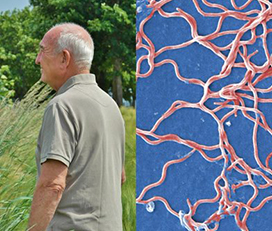
3
Countries
1
Dialogue platform
6
Objectives
THE OBJECTIVE
To detect and forecast potential disease threats that could harm people, animal health, the environment, and the economy, all through a multidisciplinary approach.
THE ACTIVITIES
Gathering up-to-date data on emerging and zoonotic diseases
Daily evaluation of data by experts across the country
Producing reports based on the most relevant data collected during the week
Transmitting information
Using a secure online platform for continuous collaboration and communication
Regular meetings between CEZD members to discuss report conclusions and other important topics
Main lessons learned
and best practices
Collaborate well
The importance of collaboration between interdisciplinary sectors such as public and environmental health, as well as veterinarians, in the control of zoonotic diseases.
Prepare for success
To succeed, One Health needs both a top-down and bottom-up approach. It is not only the formal system of government that is needed, but also individuals in their various disciplines at the field level who can change their ways to make it work.
Knowing how to raise awareness among the major players
One Health awareness plays a major role in reinforcing the important role of veterinarians and family physicians in the fight against zoonotic diseases.
Establish a network
Importance of lobbying key ministries and establishing interdepartmental collaboration.
Establish a good synergy
The importance of establishing good working relationships between government veterinary services and national planning and environmental protection agencies.
Communicate well
Use the full potential and effectiveness of the distribution channels.
RESULTS
ABOUT THE PROJECT "ONE HEALTH, ONE CARRIBEAN, ONE LOVE"
12 national One Health community projects were created, developed and implemented by national One Health networks.
2
One Health Webinars
8
Promotional videos and
20
Training videos.
300
Hard copies of the book “Caribbean resilience and prosperity through One Health” distributed to key One Health stakeholders in the Caribbean.
Strengthening the capacity and skills of veterinary diagnostic laboratories throughout the region through training in quality assurance and biosecurity, proficiency testing, and the introduction of new molecular diagnostic techniques in laboratories.
11
Laboratory technicians trained in quality assurance (QA) and biosafety.
7
Veterinary diagnostic laboratory technicians from Guyana, Suriname and Trinidad and Tobago were trained in real-time molecular PCR technology.
7
National diagnostic laboratories participated in a proficiency testing exercise.
